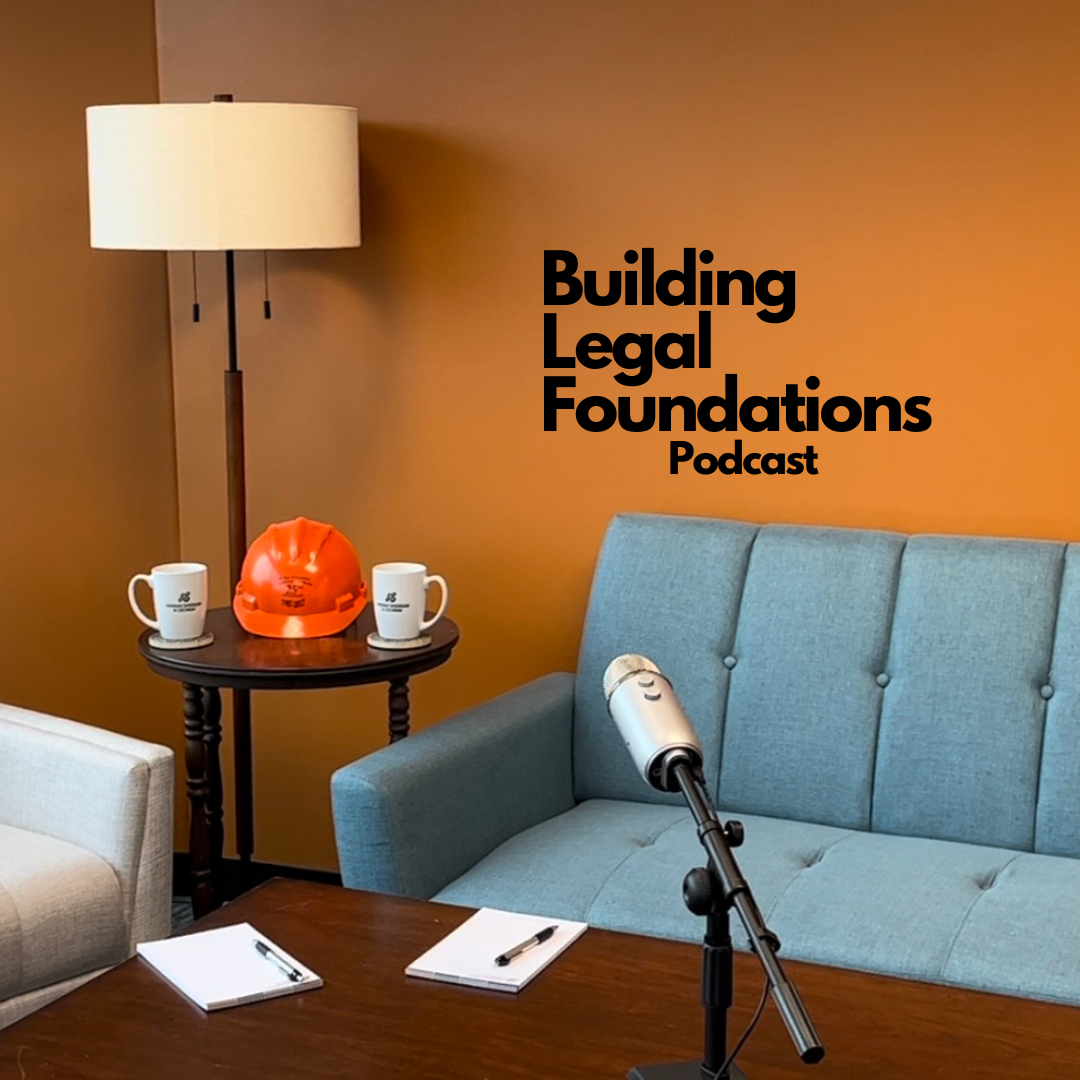Hannah Sheridan & Cochran's own podcast, previously available via Spotify, is now available to listen…

Contractual Attorneys’ Fees: What Are They and How Do I Get Them?
The questions set out in the title of this article would seem on their face to be self-explanatory, but that is far from the truth of the situation. Most lawyers will tell you that in contract-based litigation, judges are disinclined to award attorneys’ fees unless the end result shows that one side clearly should have resolved this matter without taking it through the trial phase.
The first requirement for a party to have any chance of recovering some part of its attorneys’ fees is that the underlying contract must provide for the recovery of attorneys’ fees. N.C. Gen. Stat. § 6-21.2 provides that “[o]bligations to pay attorneys’ fees upon any note, conditional sales contract or other evidence of indebtedness. . . . shall be valid and enforceable up to but not in excess of fifteen percent (15%) of said ‘outstanding balance’ owing on [the evidence of indebtedness].”
Many have asked, “Why 15%”? It is an arbitrary number which will be found to vary from state-to-state. The concept of awarding attorneys’ fees in contract cases is not to make the prevailing party whole, but rather to reduce the burden of going to court to resolve a dispute between two parties who at some point agreed, in the form of the contract, and subsequently faced a dispute. In some cases, 15% becomes far less than the prevailing party paid its attorney to get a favorable outcome. In other cases, it far exceeds the actual cost of litigation. Therefore, it becomes an element for a party to consider before initiating litigation and throughout settlement discussions.
Another element which should be considered is the actual language of the attorneys’ fees provision of a contract or note. Some provide attorneys’ fees to the “prevailing party;” other clauses indicate that if a party initiates collection that is sufficient to merit recovery; and still others provide for “actual” attorneys’ fees. It is important to note that in North Carolina, the latter will generally still get you 15% as that is the maximum recoverable in an action governed by § 6-21.2.
Consider two scenarios: (1) You have your attorney initiate an action to collect $100,000.00. A complaint is filed and the summons served, but the defendant chooses not to respond, so your counsel obtains a default judgment which includes the awarding of $15,000.00 in attorneys’ fees pursuant to the contract. Your legal fees may be in the $1,500 – $2,000 range, so if you are able to collect on the full judgment inclusive of interest and attorneys’ fees you will experience a windfall. (2) You have your attorney initiate an action to collect $20,000.00, but this time, the defendants answer and fight you through a trial. The potential exists for you to spend close to the amount you are seeking and yet, the attorneys’ fees award would be capped at $3,000.00. This is a strategic element you must consider.
And, the final word of caution in depending upon attorneys’ fees is that at the end of the day they are discretionary for the judge. If the term in the contract provides that attorneys’ fees become due upon your filing an action to collect on a note or account, there is a stronger argument that the fees are not discretionary. However, if a judge denies attorneys’ fees, the cost of appealing that decision is most likely cost-prohibitive. In the “prevailing party” situation, there is usually an “unreasonable refusal to settle” provision as well and therefore, a judge who finds that there was a close question may elect to not award either side the fees. And, the ultimate word of caution, if the language for attorneys’ fees includes the word “prevailing party,” then recognize that if the judge finds for the opposing party, you could find yourself paying the other side’s attorneys’ fees.
The moral of this story is to not assume that you will recover what you spend on your attorney in every case. If you are a supplier who on occasion needs to file actions to recover on an account, expect the 15% figure to balance out over time, but understand its purpose is to alleviate some of your pain, but not to cure you.
If you have a legal issue which may require the assistance of an attorney, please contact the lawyers at Hannah Sheridan Loughridge & Cochran, LLP at 919-859-6840.


